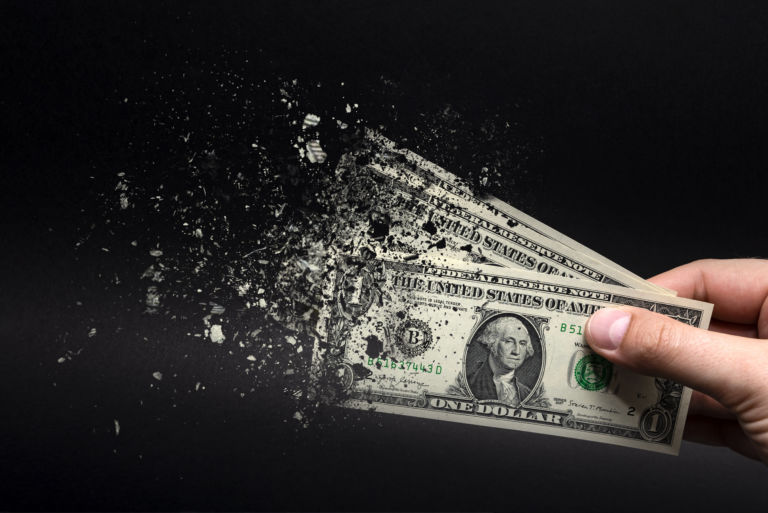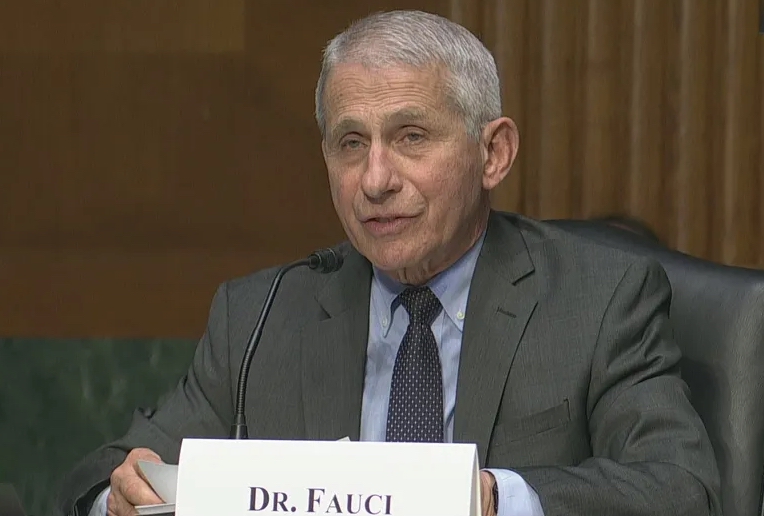Matt Weidinger and Erik Paulsen highlight a key problem with government pandemic relief.
As Republicans take control of committee gavels in the House of Representatives, there is a wide array of topics ripe for oversight and investigation. But one item that should be at the top of their agenda is the massive fraud in pandemic-era federal relief programs, especially involving unemployment benefits.
The federal government’s response to the coronavirus pandemic unleashed unprecedented demand for unemployment benefits starting in March 2020. Congress responded with record benefit expansions, including adding $600 per week to all unemployment checks. Claims for state and federal unemployment benefits quickly surged to 33 million in June 2020—more than double the prior record. In all, nearly 1.6 billion unemployment checks worth $900 billion were paid out through Labor Day 2021. An individual collecting just average unemployment benefits nationwide throughout that time received $46,000 in checks—plus thousands more in stimulus checks and other government benefits.
Those huge payouts—and serious weaknesses in federal temporary benefit program design—attracted criminals intent on ripping off the system. The new federal Pandemic Unemployment Assistance (PUA) program was the most vulnerable to abuse. It offered weekly checks to independent contractors, the self-employed, and others who worked too little to qualify for regular state Unemployment Insurance (UI) checks. In contrast with UI, PUA allowed claimants to self-certify their eligibility and initially did not even require proof of prior work or adequate identity verification. As the Department of Labor’s (DOL’s) Inspector General (IG) summarized, PUA was “extremely susceptible to improper payments and fraud.”
How much was stolen? Official estimates—which admittedly understate real losses—are staggering. The DOL IG estimates $163 billion was lost, including to fraud. That is based on an estimated improper payment rate of 18.71 percent from July 2020 to June 2021. But that misses the massive spike in claims early in the pandemic, along with losses under the PUA program, which was most prone to abuse.


